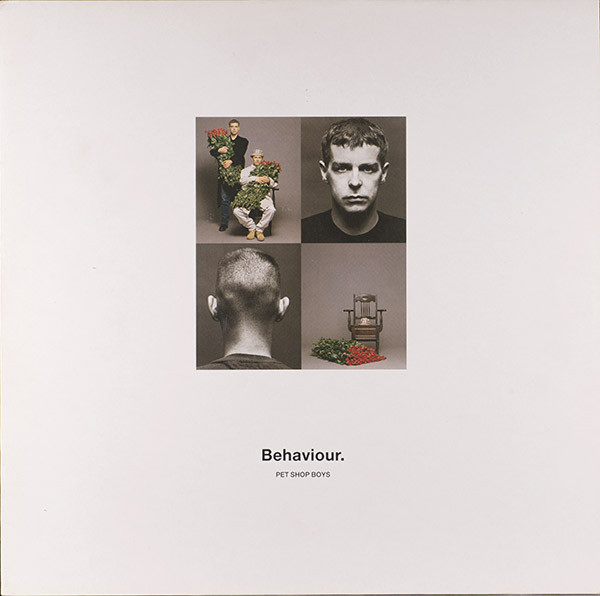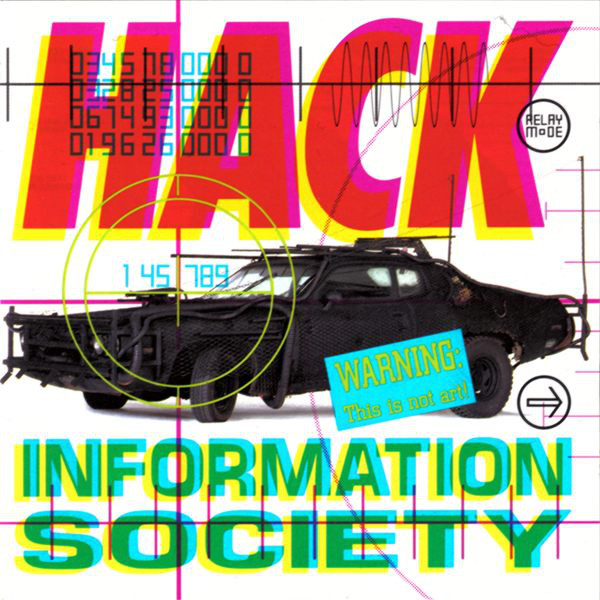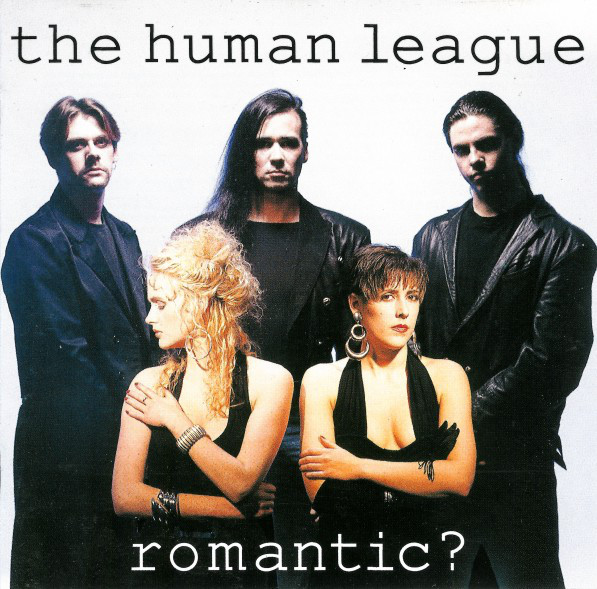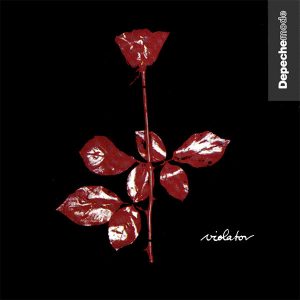
Sunday, November 1, 2020.
by Bryan Ferreira
Throughout the 1980s, synthpop – originally called technopop – was one of the styles that most frequented dance floors around the world. And the year 1990, which can be considered the first year of the following decade or the last year of the 1980s (depending on the method being used for the account), still had reflections of this resounding musical phenomenon that marked an entire generation.
Four synthpop bands that were very successful in the 1980s released new albums in 1990, which would become classics in the future and which helped keep the musical style on the rise in the early 1990s.
In this year of 1990, the style already presented some changes in its sonority, but still very similar to what was heard throughout the 80’s. We can even say that this was the last year of synthpop’s life as we know it previously, both in terms of sound and in terms of popularity. After that, the music scene changed completely and the vast majority of bands of this style were losing more and more relevance and popularity. And those that continued and survived started from there to present a much deeper change in sonority, no longer attending to that sound that became characteristic in the 1980s.
So, let’s check out (in order of release) these four classic albums that marked the last moments of success and popularity of synthpop and that completed 30 years in this year of 2020.
–
Violator (Depeche Mode)

Release: March 19, 1990.
English band Depeche Mode’s seventh studio album, “Violator” features the hits “Personal Jesus”, “Enjoy The Silence,” Policy Of Truth “and” World In My Eyes “. The work reached number 2 in the United Kingdom and number 7 in the United States. It was the group’s first album to sell 1 million copies in the USA. A sign of Depeche Mode’s rise in popularity at the time of the release of “Violator” was an autograph event at a record store in Los Angeles, which was supposed to attract just a few thousand fans, ended up attracting around 17,000. The band was forced to withdraw from the event due to security concerns, and their early departure almost caused a riot.
–
Romantic? (The Human League)
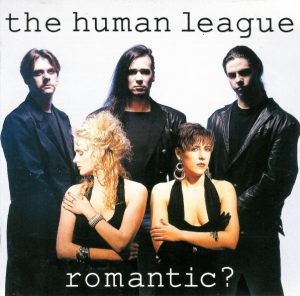
Release: September 17, 1990.
Formed in 1977, the Human League is one of the pioneering groups of synthpop. And having reached the peak of their success in the early 1980s, the English band already had a decline in popularity at the time of the release of their sixth studio album in 1990 – and the last one released in partnership with Virgin Records. However, the work presented a significant hit, which is considered by many to be one of the best songs of the group’s career. The track is “Heart Like A Wheel”, which reached number 29 on the English chart and number 32 on the American chart. The album itself reached number 24 in the UK.
–
Hack (Information Society)
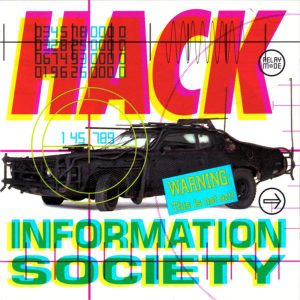
Release: October 16, 1990.
Despite being formed in 1982, the American group Information Society appeared in the last wave of synthpop bands, in the late 1980s. “Hack”, the band’s second studio album released by a major label, sold well, but it didn’t. surpassed the numbers of the first album, released in 1988. It was even a much bigger success in Brazil, where at the time of this album the band experienced the peak of its popularity in the country. In addition to the album being released almost at the same time with the emergence of MTV Brasil, three months later, in January 1991, InSoc played one of the most remarkable shows in Rock in Rio 2. And in August of the same year, the group returned to Brazil for the biggest tour that an international band has ever toured the country, performing in crowded stadiums. The hits on this album were: “Think”, “How Long”, “Come With Me” and “Slipping Away”. The first single, “Think” (more info here), reached number 28 on the American chart.
–
Behaviour (Pet Shop Boys)
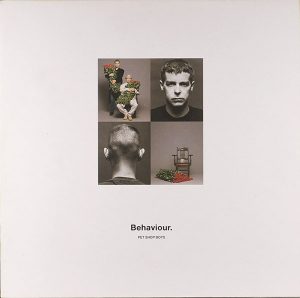
Release: October 22, 1990.
Formed in 1981, the English duo Pet Shop Boys had already been very successful since 1985. For the production of “Behavior”, their fourth studio album, Neil Tennant and Chris Lowe were dissatisfied with the available digital synthesizers, and wanted to use analog synthesizers . So Harold Faltermeyer’s choice of producer turned out to be better than they expected, as he happened to be an expert on analog equipment. The result was a Pet Shop Boys album different from the previous album, “Introspective”, and the following album, “Very”. “Behavior” reached number 2 in the UK and number 45 in the USA. The singles extracted from the work were: “So Hard”, “Being Boring”, “How Can You Expect To Be Taken Seriously?” and “Jealousy”. Vocalist Neil Tennant stated that the album was inspired by the album “Violator”, from the other synth-pop group Depeche Mode, released in the same year. Well, the result of all this you already know: both “Violator” and “Behavior” became classic synthpop albums from 1990.
–
–
